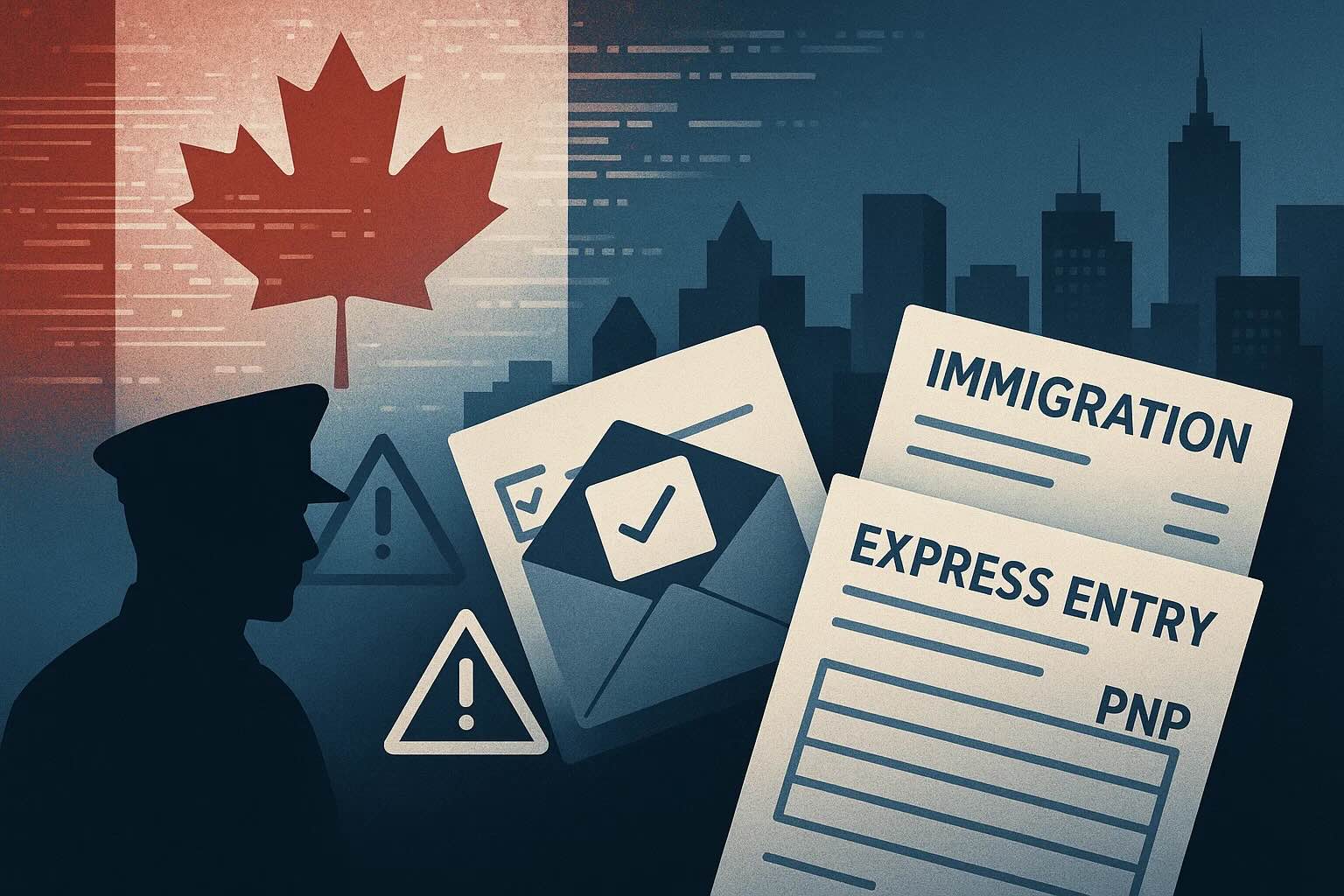For applicants who receive an Invitation to Apply (ITA) for permanent residence through Canada's Express Entry (EE) system, the subsequent 60 days represent a critical period that determines the success of their application. Immigration, Refugees and Citizenship Canada (IRCC) mandates that applicants must submit a complete and compliant permanent residence (PR) application package within this timeframe. Failure to submit on time or providing an incomplete application will result in the ITA expiring. Should the applicant still wish to immigrate via the EE system, they would need to create a new profile and re-enter the candidate pool for future consideration.
Given the tight deadline and the fact that obtaining certain documents can be time-consuming, costly, and require vetting, immigration experts strongly advise potential applicants to begin gathering necessary documentation even before receiving an ITA.
Core Documents Required to Respond to an ITA
According to IRCC requirements, most EE candidates submitting a PR application must include the following documents:
- Valid Passport: Clear copies are required.
- Birth Certificate: To verify identity and family relationships.
- Language Test Results: Such as IELTS or CELPIP. If results expire by the time the PR application is submitted, new, valid results must be provided.
- Educational Credential Assessment (ECA) Report: For education obtained outside Canada. Similarly, if the report expires before submission, a new, valid report is needed.
- Proof of Work Experience: Detailed documentation supporting claimed work history, such as reference letters, contracts, pay stubs, etc.
- Police Clearance Certificates: From every country or territory where the applicant has lived for six months or more since the age of 18.
- Photographs: Digital photos of the principal applicant and accompanying family members meeting IRCC specifications.
Additional Documents Potentially Required Based on Individual Circumstances
Beyond the core documents, depending on the applicant's specific situation, information in their EE profile, and the immigration program they are applying under, some or all of the following may also be required:
- Official Transcripts from Post-Secondary Education: Official copies issued by the institution.
- Proof of Settlement Funds: Evidence of sufficient funds to support initial settlement in Canada (exemptions apply for certain programs, like those with arranged employment in Canada or under the Canadian Experience Class).
- Medical Examination Confirmation/Receipt: IRCC typically requests a medical exam after receiving the PR application. It is advisable to wait for official instructions before undergoing the exam. Applicants applying from within Canada who completed an immigration medical exam in the last five years might be exempt until October 5, 2029.
- Proof of Relationship: Such as marriage certificates, Statutory Declaration of Common-law Union along with proof of cohabitation (at least 12 months), divorce or annulment certificates, death certificates of former spouses/partners.
- Children's Documents: Birth certificates, adoption papers, proof of full custody.
- Certificate of Qualification in a Skilled Trade: Issued by a Canadian provincial or territorial authority, if applicable.
- Copies of Work Contracts and/or Pay Stubs: As supplementary proof of work experience.
- Documents Relating to Income Taxation: Relevant tax records.
- Letter from a Canadian Employer: If applying with an arranged job offer.
- Proof of Relationship to Family Member in Canada: If applicable.
- Legal Documents Showing Name or Date of Birth Changes.
- Travel Documents (Non-Passport).
- Letter of Attestation: May be required depending on the specific program.
The Serious Consequences of Misrepresentation
IRCC places extreme importance on the truthfulness of application information. Any direct or indirect misrepresentation, or withholding material facts that could influence the processing of an application, can lead to the applicant being found inadmissible to Canada. Misrepresentation is broadly defined and includes both intentional falsehoods and unintentional errors (e.g., if an applicant relies on a representative who provides false information, the applicant remains responsible; or failing to declare a criminal record).
If found to have misrepresented, an applicant will not only have their current application refused but may also face a five-year ban from entering Canada through any stream. Therefore, ensuring all submitted information and documents are truthful, accurate, and complete is paramount.
Handling an ITA: Accepting, Declining, or Missing the Deadline
Upon receiving an ITA, the applicant's EE profile information is held for 60 days. During this period:
- Accepting the ITA: The applicant must upload all required documents and submit the complete PR application online. Upon successful submission, an Acknowledgment of Receipt (AOR) is automatically issued. IRCC aims to process complete applications within six months of submission.
- Missing the Deadline: Failure to submit a complete application within 60 days results in the automatic expiration of the ITA. The applicant must create a new EE profile and re-enter the pool to be considered for future invitations.
- Declining the ITA: An applicant can choose to decline the invitation. Their EE profile (provided it still meets the minimum criteria) will be placed back into the pool for consideration in future draws. Declining an invitation does not negatively affect future chances but offers no guarantee of receiving another ITA.
Conclusion
Successfully responding to an Express Entry ITA is a critical step towards Canadian permanent residence. Applicants must respect the 60-day window, plan ahead, meticulously review the required document checklist, and ensure the authenticity and completeness of all materials. Thorough preparation and attention to detail significantly increase the chances of application success and help avoid unnecessary delays or refusal risks.









